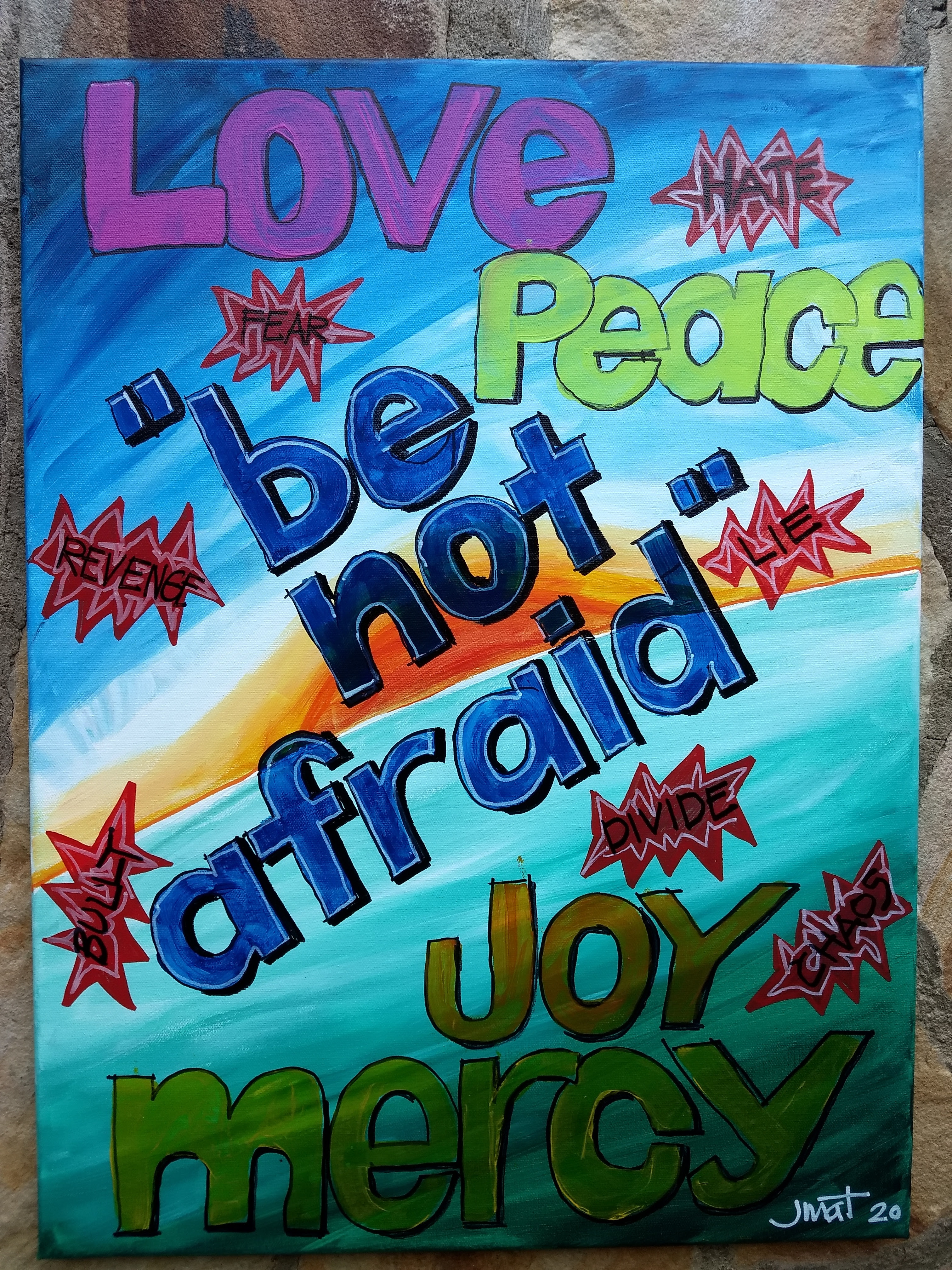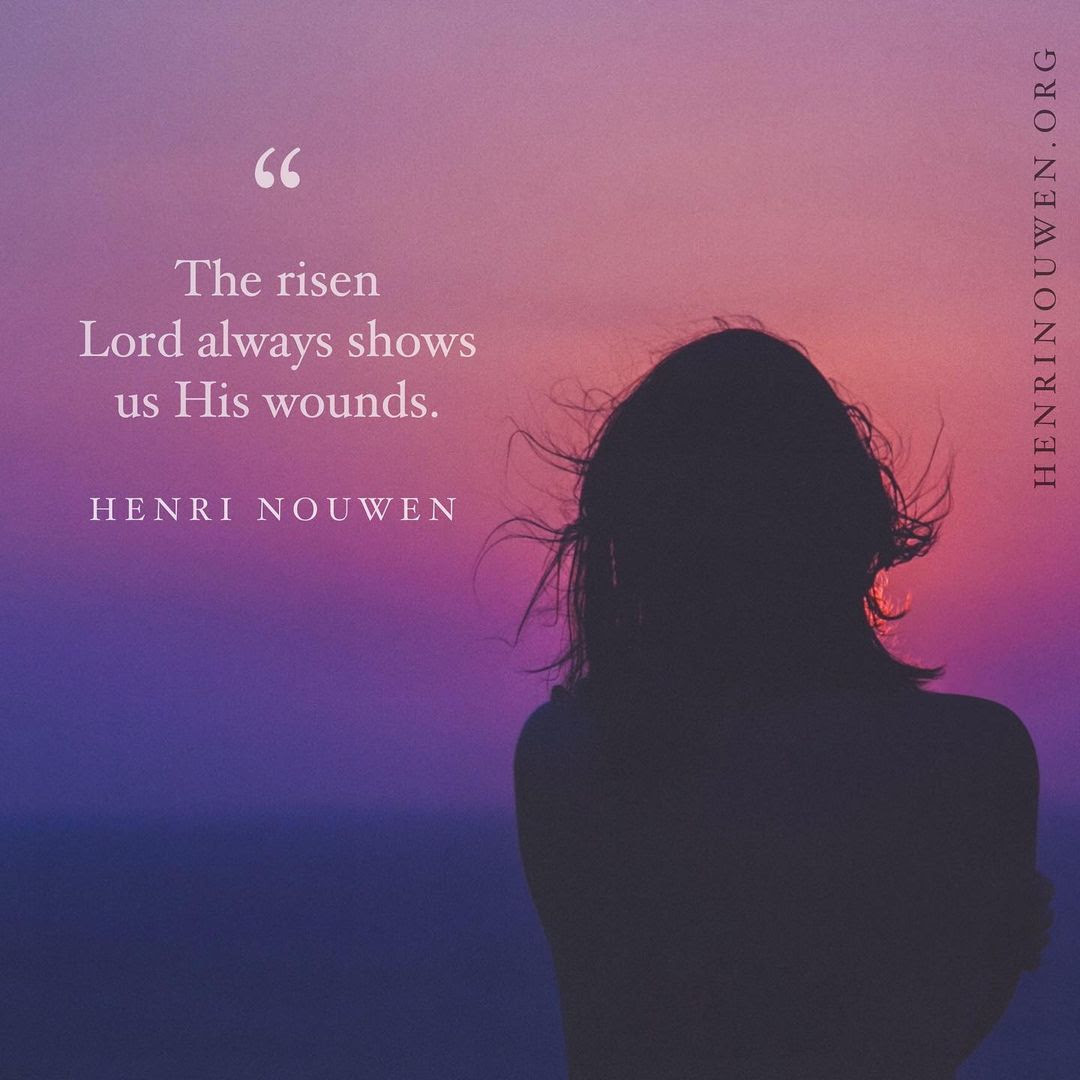The Second Sunday of Easter
“… he breathed on them and said to them, ‘receive the Holy Spirit. Whose sins you forgive are forgiven them’” Jn. 20:21s
If there is one word that permeates all the scenes depicting the risen Jesus, it is forgiveness.
From his very first post-resurrection spoken words “Peace be with you,” to his very last, Jesus speaks only of reconciliation and mercy.
And remember who he’s speaking to:
The very people who abandoned him, betrayed him, denied him, deserted him – the people who brazenly said: “I do not know the man.”
And yet in scene after scene of Jesus’ appearances to these same people after he was crucified, died, and had risen, Jesus never once scolds or rebukes them or seeks vengeance of any kind.
Instead, everything is about forgiveness.
The scene in today’s gospel is a perfect example.
Forgiveness is so much a part of the risen Jesus that he speaks of it in terms of the air we breathe. He breathes the Holy Spirit on them, as if saying that the most essential part of who we are to become are people of forgiveness.
“As the father has sent me, so I send you.”
These same people who abandoned and betrayed him are to be the messengers of his forgiveness and peace and mercy!
And so are we.
We have been given the same power that Jesus has through the Spirit: the power to forgive and heal and transform one another.
“Whose sins you forgive, they are forgiven ….”
Jesus came to this place of peace through the horrors of crucifixion. Notice how he reminds his disciples of that when “he showed them his hands and his side.”
He showed them his wounds – wounds that he transformed into forgiveness and love and grace.
Jesus tells us in today’s gospel story that we can do the same. We too have the power to forgive, to liberate one another. And we do it through what we have learned from our own suffering and heartaches – from our own wounds.
No wonder Jesus invites Thomas to place his hands into his wounds. And that’s when Thomas sees that Jesus is for real, that he’s not a ghost, that he’s the same Jesus of Nazareth reborn, revitalized, resurrected.
It’s the wounds that convinced Thomas.
And it’s our own wounds that can do the same for us. It’s the very hurts and betrayals and abandonments and heartaches we’ve suffered that can transform us and make us messengers of forgiveness and mercy and peace.
Until the remarkable moment described in today’s gospel, Thomas was the doubter and the denier.
Yet he is met with no reprimand. Only with the naked truth of what real love and acceptance are all about. And he is astonished – astonished to the point of falling to his knees and saying:
“My Lord and my God.”
That’s what forgiveness does. It changes us.
How do we do this kind of forgiving? How do we overcome the anger and hate and meanness that often lives in our hearts?
We do it through community. We do it by leaving our isolation behind and joining with others who can help us carry the burdens in our heart. We do it by sharing in the “teaching of the apostles,” and the breaking of the bread, and prayers, as today’s second reading reminds us.
This is what Eucharist is all about.
It’s about bringing us together, and together admitting the existence of our wounds, together experiencing forgiveness for all our sins, and together meeting the Lord again through the scriptures and the sacred meal we share.
We’ll know it’s happened when we become people whose personal crucifixions become resurrections.
Ultimately, we’ll know it has happened when we are able to profess and proclaim with Thomas:
“My Lord and my God.”
Ted Wolgamot, Psy.D.




